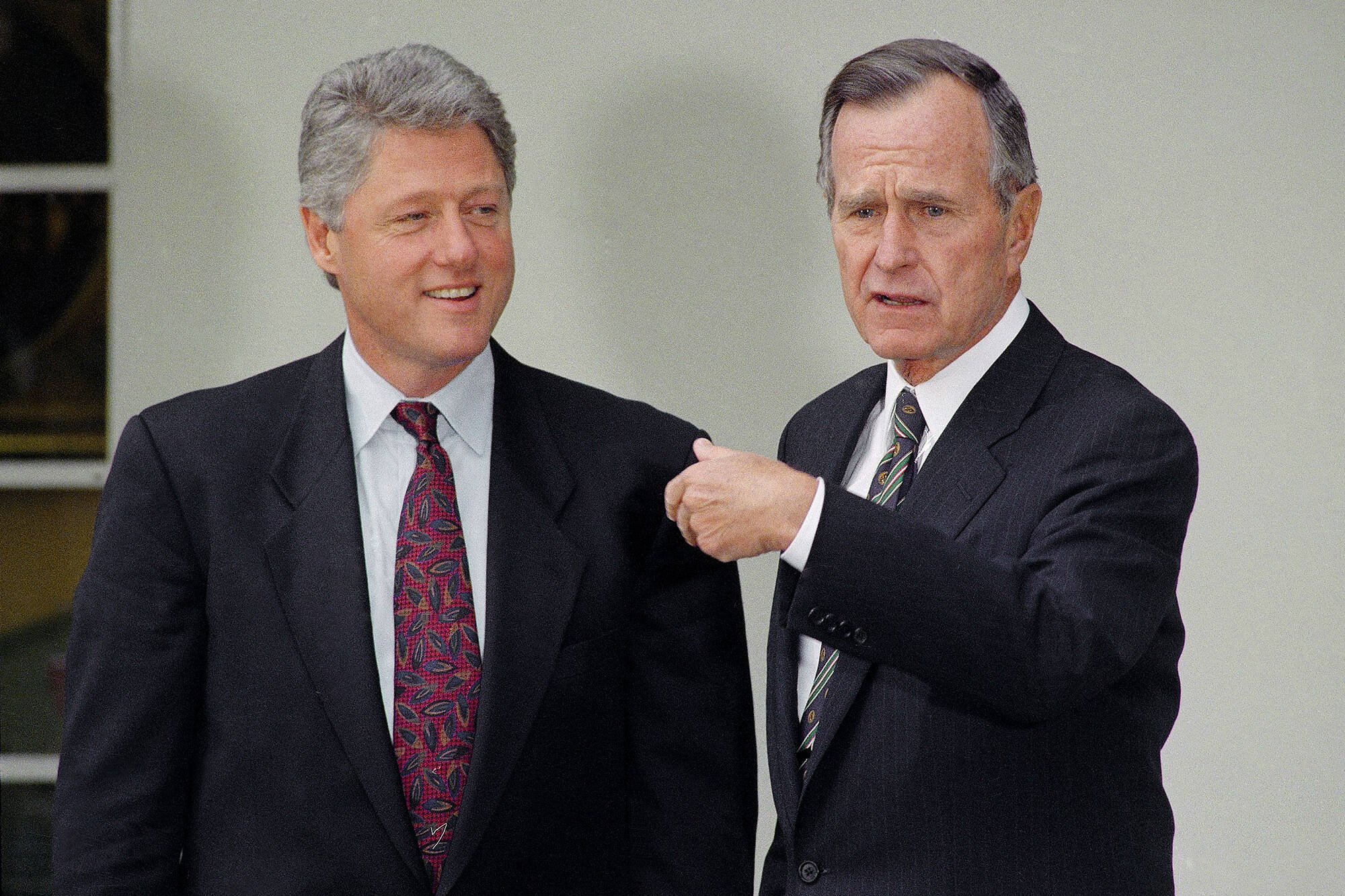Millions of Americans are already feeling the effects – and new tariffs could make things worse.
Medical supply shortages are an ongoing public health concern. With the latest round of tariffs, the situation could soon get much worse.
Today, a staggering percentage of our essential medications, protective equipment, and pharmaceutical ingredients come from overseas, particularly China.
Americans witnessed this firsthand during the Covid pandemic, when over 90% of America’s N95 masks and nitrile gloves critical to preventing the spread of the disease came from China.
It’s an issue that persists even after the pandemic. 78% of the ingredients in the top 100 selling brand-name drugs are imported, and researchers believe that figure is even higher for generic drugs.
This is not just an economic concern; it’s a national security risk. With the recent onslaught of tariffs and trade wars, medical supply chain disruptions could have serious ramifications.
RELATED: The Trump Tariffs, in Context
This isn’t just a problem for doctors or insurance companies to worry about; it could affect all Americans. These are the numbers you need to know, according to the Department of Health and Human Services:
140
As of July 2024, 140 medical products were in shortage, mostly drugs but also some life-saving devices like automated external defibrillators (AEDs).
38.8 Million
The medical product shortages affected nearly 40 million Americans, that’s 18% of the population. The most widespread shortages were for prescription drugs, but some 10 million adults experienced shortages of overt-the-counter medications.
24%
A quarter of people affected by shortages suffered physical health effects as a result. Even more – 32% – reported negative mental health effects from not having access to their medicine on time.
$559 million
Health systems spend over $550 million per year managing shortages. $200 million goes toward purchasing alternative treatments, and the extra labor – searching for alternatives, adjusting treatment plans, updating administrative records and insurance paperwork – costs the systems $359 million annually.
Shortages aren’t some distant or abstract issue – they’re hitting all of us and straining the system. With trade tensions ramping up, it’s a challenge lawmakers can’t afford to ignore.
Looking for the latest in your inbox? Sign up for emails from No Labels.
Related
Peyton Lofton
Peyton Lofton is Senior Policy Analyst at No Labels and has spent his career writing for the common sense majority. His work has appeared in the Washington Examiner, RealClearPolicy, and the South Florida Sun Sentinel. Peyton holds a degree in political science from Tulane University.




